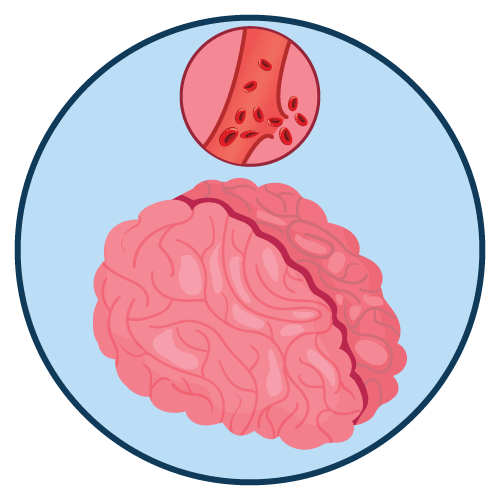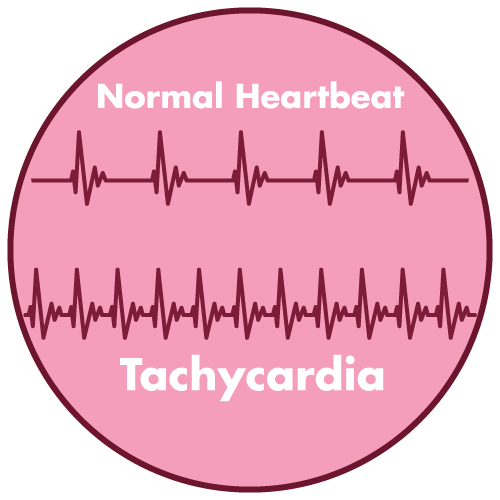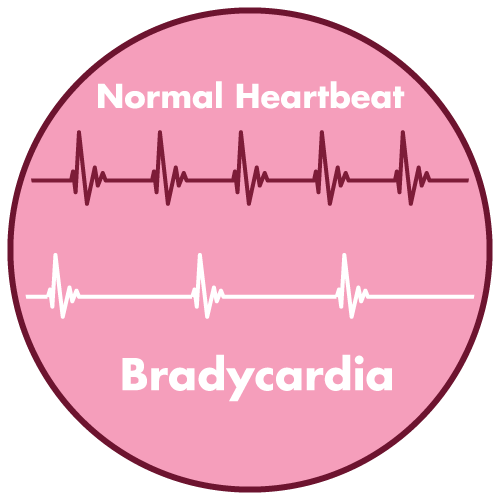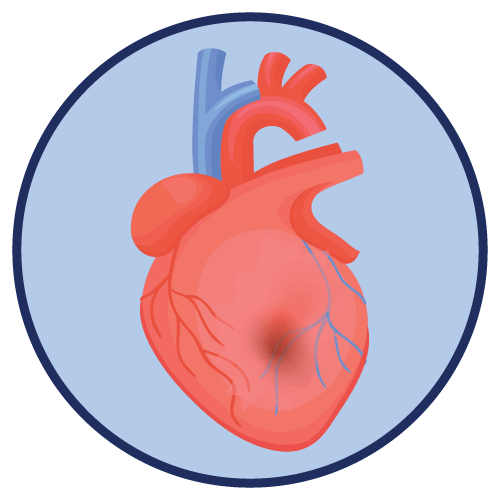Medicine details
| Image |  |
| Name | Nimocal |
| Dosage | Tablet |
| Generic Name | Nimodipine |
| Classes |
Cardiovascular Agent Antihypertensive Calcium Channel Blocker |
| Diseases |
Blood Disorder Haemorrhage |
| Company | Square Pharmaceuticals Ltd. |
Drug Package Details
| Strength | 30 mg |
| Storage Condition | |
| Origin Country | Bangladesh |
| Commercial Pack | 30 |
| Price per pack | ৳ 150.88 |
| Cost per pack | ৳ 132.77 |
| Package unit | 10 tabs strip |
| Price per unit | ৳ 5.03 |
| Cost per unit | ৳ 4.43 |
| Discount | 0 |
| Coupon | |
| Remarks |
Nimodipine
Nimodipine is a calcium channel blocker that belongs to the dihydropyridine class. It works by relaxing and opening blood arteries, allowing blood to circulate more freely throughout the body. This helps the heart to perform more efficiently by lowering blood pressure.
Nimodipine is used to minimize ischemic neurological impairments in those who have had an aneurysmal subarachnoid haemorrhage.
- Two tablets at 4-hourly intervals (total daily dose 360 mg) are recommended to be taken with water. Prophylactic treatment should begin four days after the commencement of subarachnoid haemorrhage and continue for 21 days.
- In the event of surgical intervention, nimodipine tablets should be taken (at the same dosage) for the remainder of the 21-day treatment term.
- If a patient has an adverse reaction, the dose should be lowered or the medication should be stopped.
Patients with hepatic impairment:
- Severely disturbed liver function, particularly liver cirrhosis, may result in an increased bioavailability of nimodipine due to a decreased first-pass capacity and a reduced metabolic clearance. The effects and side-effects, e.g. reduction in blood pressure, may be more pronounced in these patients.
- In such cases, the dose should be reduced (depending on the blood pressure) or, if necessary, discontinuation of the treatment should be considered.
- Upon co-administration with CYP 3A4 inhibitors or CYP 3A4 inducers a dose adaption may be necessary
Although uncommon, side effects associated with nimodipine are-
- headache
- dizziness
- flushing
- tachycardia/bradycardia
- diarrhea
- abdominal pain
- constipation
- depression
- Nimodipine should not be used in patients with traumatic subarachnoid haemorrhage since a positive benefit-to-risk ratio has yet to be established, and the specific patient groups who might benefit have yet to be identified.
- When cerebral oedema or highly elevated intracranial pressure are present, Nimodipine pills should be used with caution. Although Nimodipine medication has not been linked to an increase in intracranial pressure, close monitoring is advised in these situations or when the water content of the brain tissue is high (generalised cerebral oedema).
- Caution should be exercised in patients with hypotension.
- The cytochrome P450 3A4 system is used to break down nimodipine. Drugs that are known to inhibit or promote this enzyme system may consequently affect nimodipine's first pass or clearance.
- Before you take nimodipine, tell your doctor if you are pregnant or plan to become pregnant.
Contraindication
Concomitant use with potent CYP3A4 inhibitors such as-
Use within 1 month of myocardial infarction or an episode of unstable angina is contraindicated.








 Bangla
Bangla English
English